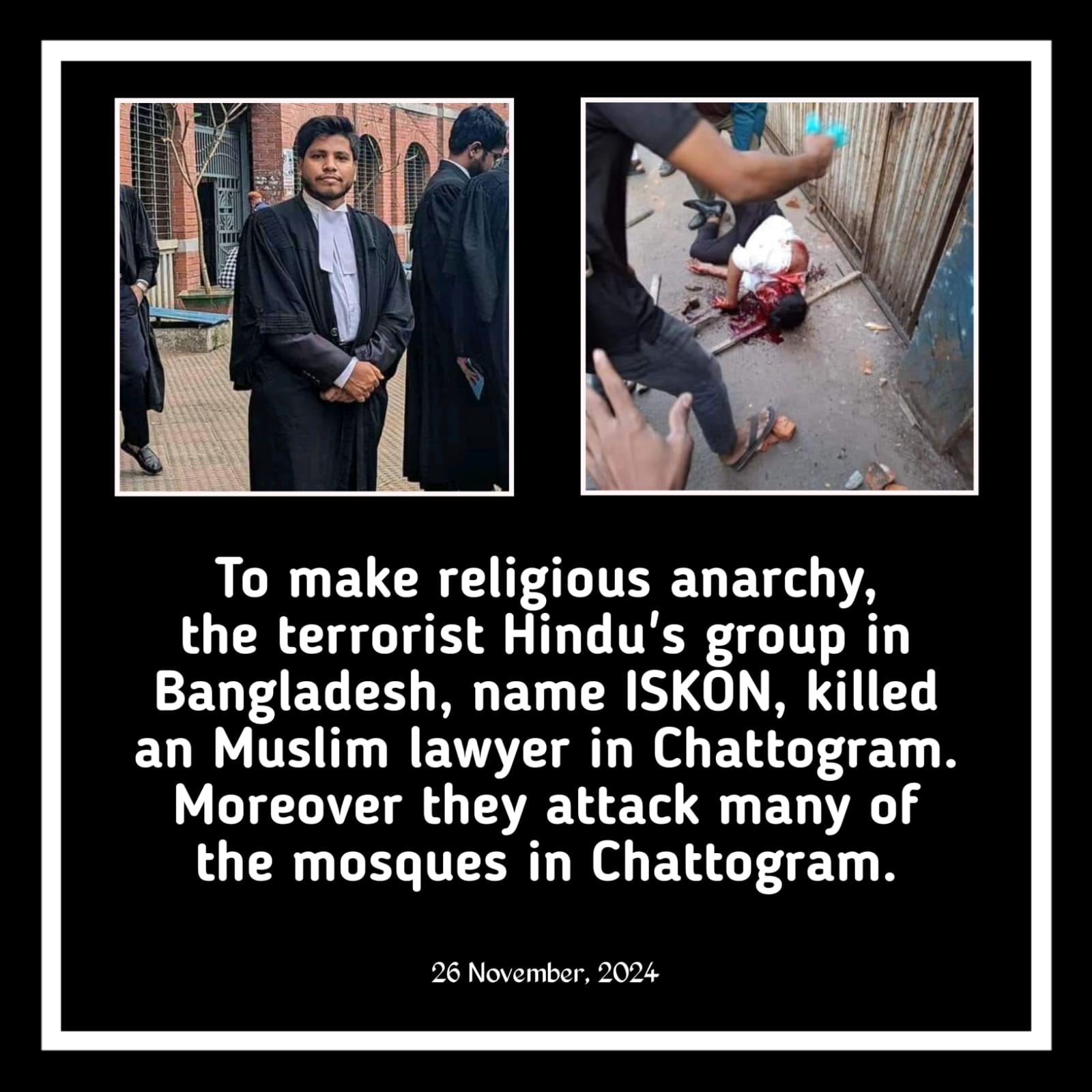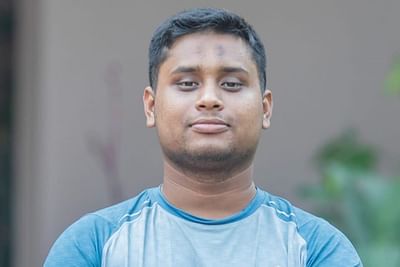Dhaka, 24 November: In light of Bangladesh’s historical movements, including the 1971 Liberation War, the 1990 democratic uprising, and the 2024 student-led anti-discrimination revolution, the Human Rights Support Society (HRSS) has put forth a series of constitutional reform proposals. These reforms aim to restructure Bangladesh into an inclusive, egalitarian, and rights-oriented nation, ensuring democracy, social justice, and human dignity.
Key Reform Proposals
Part I: The Republic
- Replace the term “Proja” in the official name with a more inclusive Bengali equivalent for “People’s Republic”.
- Amend Article 6(1) to determine citizenship by both birthright and law.
- Redefine citizens as Bangladeshi instead of Bengali in Article 6(2) to reflect the nation’s diverse ethnic communities.
- Modify Article 7(1) to state, “All powers of the Republic belong to its citizens.”
- Propose the removal of Articles 7(a) and 7(b) to make constitutional amendments possible through a two-thirds majority vote in Parliament and a national referendum.
Part II: Fundamental Principles of State Policy
- Establish equality, human dignity, democracy, human rights, and an inclusive, discrimination-free society as guiding principles (Article 8(1)).
- Replace terms like “tribes and small ethnic groups” in Article 23(a) with inclusive language recognizing all ethnic and cultural communities.
Part III: Fundamental Rights
Add the following rights for citizens:
- Access to basic needs, including food, clothing, housing, education, and healthcare.
- Ethical and human rights education at all levels.
- The right to live in a pollution-free environment.
- Uninterrupted access to the internet (Article 39).
Part IV: Executive Branch
- Balance powers between the President and the Prime Minister.
- Limit presidential pardons (Article 49) to ensure no impunity for severe offenses.
- Reinstate the caretaker government system (Article 58(2)(a)) to oversee elections, with changes allowed through a referendum.
- Limit individuals to serving as Prime Minister for two terms and restrict simultaneous roles as party leader and Prime Minister (Article 57).
Part V: Legislature
- Introduce a bicameral legislature with:
- 300 directly elected lower-house members.
- 105 upper-house members, including experts and minority representatives, with at least 30% female representation.
- Require military deployment with magistracy powers during national elections.
- Allow MPs to vote independently on legislative issues, except leadership elections (Article 70).
- Strengthen the Ombudsman (Article 77) and ensure fair election systems.
Part VI: Judiciary
- Establish a separate judicial secretariat under Supreme Court supervision.
- Ensure the judiciary is free from executive control at all levels.
- Enact a Judges’ Appointment Law for Supreme Court appointments.
Part VII: Election
- Create an independent election commission secretariat.
- Redesign the Election Commission’s structure to ensure fair and transparent elections.
Part IX-C: Emergency Provisions
- Revoke Article 141(c), which allows the suspension of fundamental rights during emergencies.
HRSS Perspective
The HRSS emphasizes that a modern and inclusive constitution is essential for addressing the evolving needs of Bangladesh’s diverse population. They urge stakeholders to consider these reforms as vital steps toward a more just and democratic society.









